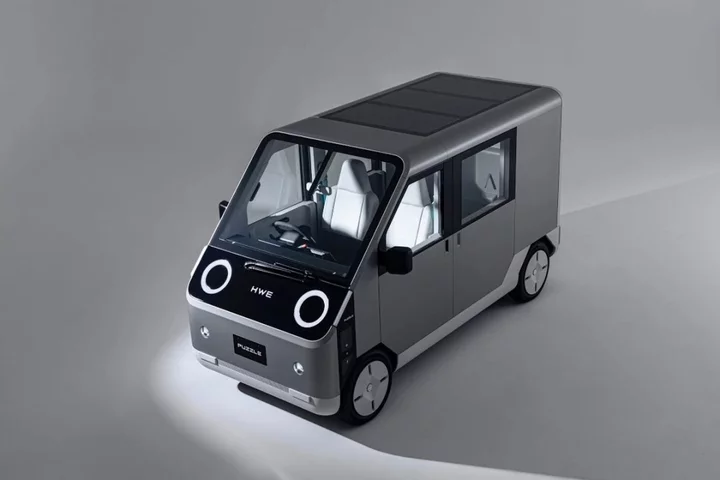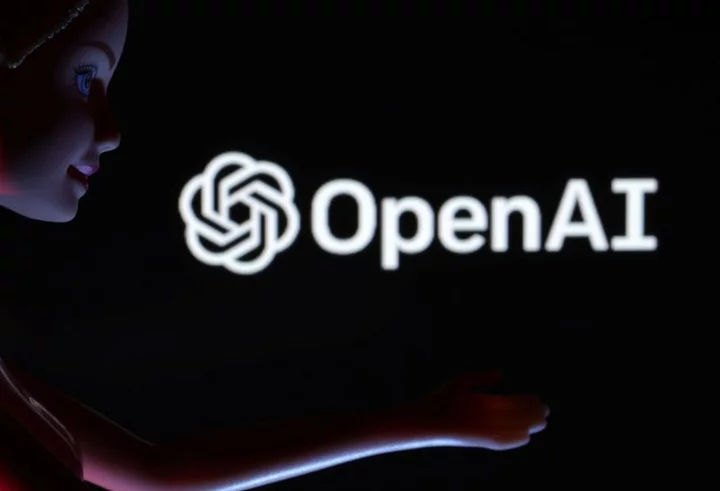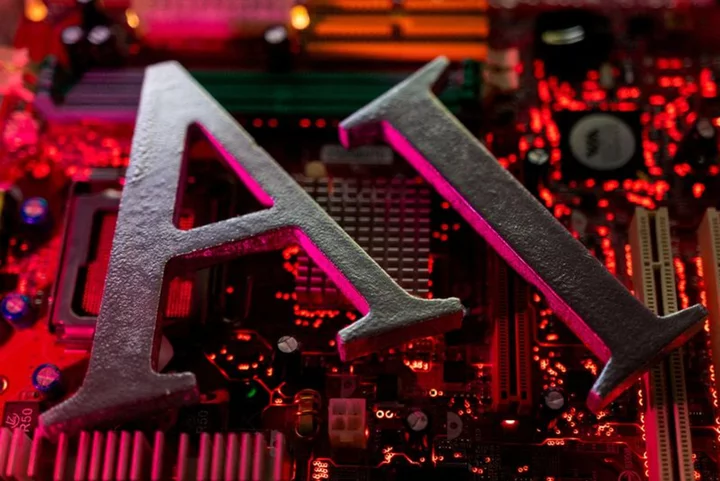A Japanese automaker has unveiled an electric van that uses rooftop solar panels to charge its battery.
The Puzzle van, built by HW Electro, is designed to be disaster resilient, capable of functioning during periods of prolonged power outages, however its small size and limited power output means many everyday users could operate it without ever needing to plug it in.
The pint-sized van comes with three photovoltaic panels, emergency outlets, an inbuilt first aid kit, WiFi internet connectivity, and a crowbar.
HW Electro said the puzzle-inspired design allows its components to fit together in a cost-effective way, making it suitable for “emergencies and for daily convenience” alike.
The Puzzle is a type of ‘kei car’, which are smaller and lighter than regular vehicles in order to attain tax and insurance benefits within Japanese regulations.
For the first time, HW Electro will be selling a kei car in the US, with commercial sales set to begin in 2025.
“The Puzzle launch marks HW Electro’s dedication to addressing environmental challenges and creating innovative eco-friendly solutions to the commercial vehicle market,” HW Electro President Hsiao Weicheng said at the van’s unveiling.
“We are excited to officially showcase Puzzle today and we look forward to making it available in the US market.”
HW Electro is yet to reveal details about the price or top speed, though its form and functionality could meet a growing demand in the US for small electric vehicles.
Areas like Arizona and Florida are increasingly seeing families using electric golf carts as a “second car”, capable of making short trips within a town.
Some states are even adapting laws to allow small electric vehicles with limited top speeds to be driven on public roads, according to Electrek.
“As the trend continues to grow, it promises not just a transformation of our local communities, but also a greener and more sustainable future for all,” the publication noted in August.









